It’s 2021 and after a long wait, the Olympic Games are returning this summer! We’ve assembled a list of titles featuring the history and impact of the Games to help you get into the Olympic spirit. From politics to social norms, the Olympic Games have permeated culture on both international and domestic levels. For more, check out the Journal of Olympic Studies, our newest publication on the Olympic and Paralympic Movements.
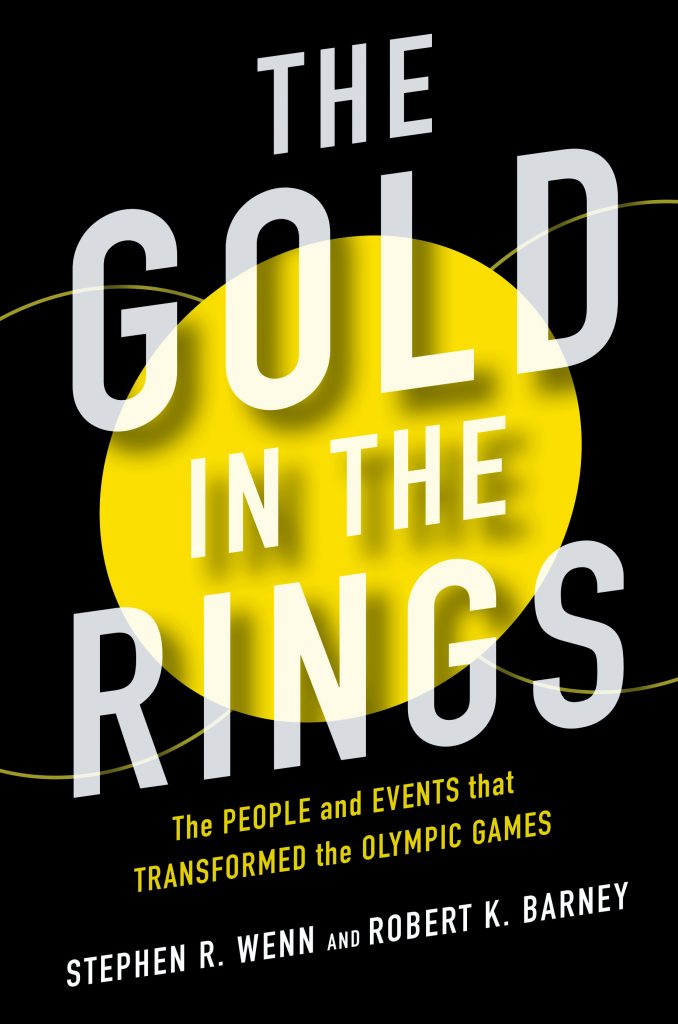
The Gold in the Rings: The People and Events That Transformed the Olympic Games
by Stephen R. Wenn and Robert K. Barney
Once a showcase for amateur athletics, the Olympic Games have become a global entertainment colossus powered by corporate sponsorship and professional participation. Stephen R. Wenn and Robert K. Barney offer the inside story of this transformation by examining the far-sighted leadership and decision-making acumen of four International Olympic Committee (IOC) presidents: Avery Brundage, Lord Killanin, Juan Antonio Samaranch, and Jacques Rogge.

“The Russian Doping Scandal: Some Reflections on Responsibility in Sport Governance“
By Richard W. Pound
The Russian doping scandal that emerged prior to the 2016 Rio Olympic Games illustrates how responsible sport governance has become a lingering issue for international sport. Pound explores how organizations such as the International Olympic Committee and the World Anti-Doping Agency dealt with this crisis and how they can avoid a similar situation from happening in the future.

Degrees of Difficulty: How Women’s Gymnastics Rose To Prominence and Fell From Grace
By Georgia Cervin
Electrifying athletes like Olga Korbut and Nadia Comaneci helped make women’s artistic gymnastics one of the most popular events in the Olympic Games. Georgia Cervin offers a unique history of women’s gymnastics, examining how the high-stakes diplomatic rivalry of the Cold War created a breeding ground for exploitation. Yet, a surprising spirit of international collaboration arose to decide the social values and image of femininity demonstrated by the sport.

“Britain and the Olympic Games: London 1908, 1948, 2012“
By Peter J. Beck
Before they hosted the 2012 Olympic Games, Britain had a complicated relationship with the Olympic Movement. Beck looks at last three times Britain hosted the Games, examining how Britons’ attitudes towards the Olympics changed throughout the years. In doing so, this reveals the evolving impact of British media and governance on public opinion.
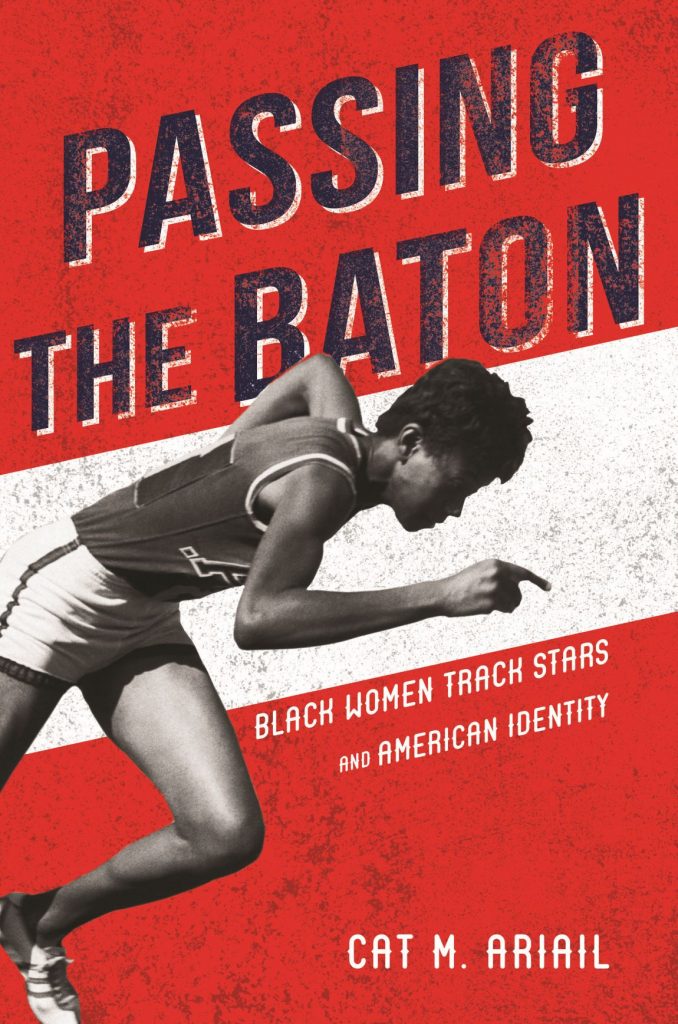
Passing the Baton: Black Women Track Stars and American Identity
by Cat M. Ariail
Cat M. Ariail examines how athletes such as Alice Coachman, Mae Faggs, and Wilma Rudolph forced American sport cultures—both white and Black—to reckon with the athleticism of African American women. Their athletic success soon threatened postwar America’s dominant ideas about race, gender, sexuality, and national identity. As Ariail shows, the wider culture defused these radical challenges by locking the athletes within roles that stressed conservative forms of femininity, blackness, and citizenship.
Read a recent post by the author here.
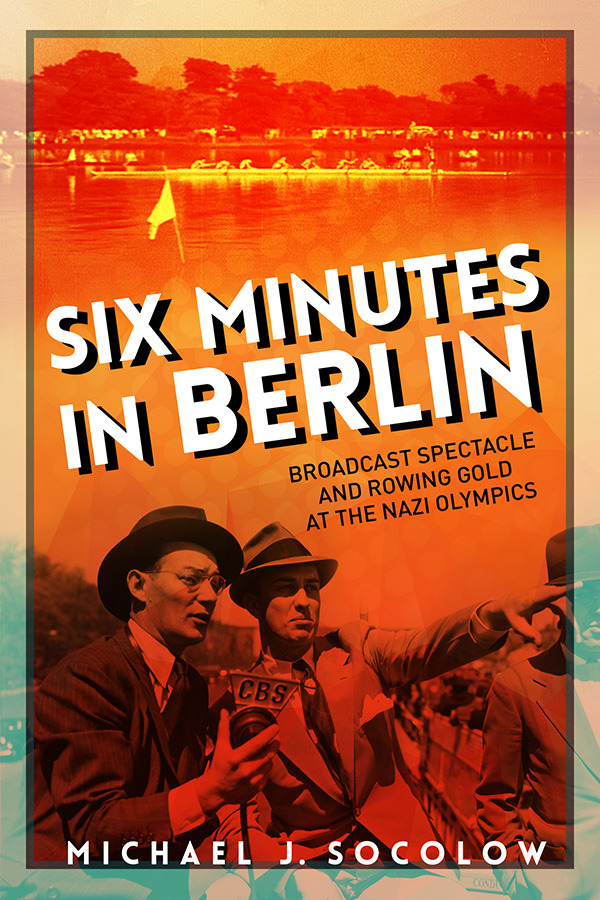
Six Minutes in Berlin: Broadcast Spectacle and Rowing Gold at the Nazi Olympics
by Michael J. Socolow
The Berlin Games matched cutting-edge communication technology with compelling sports narrative to draw the blueprint for all future sports broadcasting. A global audience–the largest cohort of humanity ever assembled–enjoyed the spectacle via radio. As Michael J. Socolow shows, the origins of global sports broadcasting can be found in this single, forgotten contest, the rowing competition. In those origins we see the ways the presentation, consumption, and uses of sport changed forever.
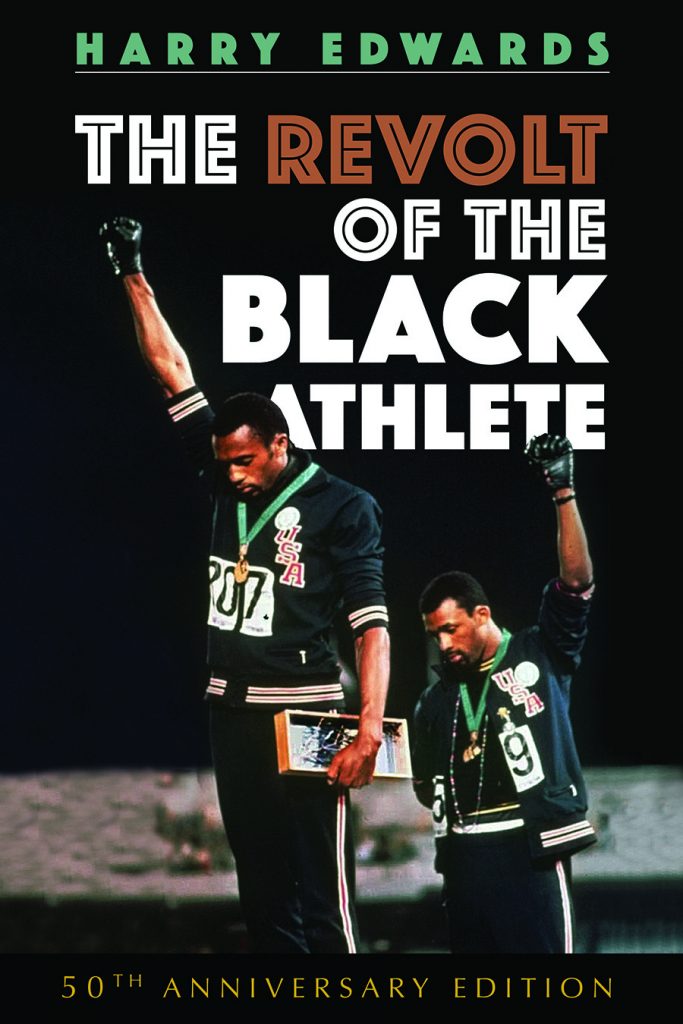
The Revolt of the Black Athlete, 50th Anniversary Edition
by Harry Edwards
This Fiftieth Anniversary edition of Harry Edwards’s classic of activist scholarship offers a new introduction and afterword that revisits the revolts by athletes like Muhammad Ali, Kareem Abdul-Jabbar, Tommie Smith, and John Carlos. Relating the rebellion of black athletes to a larger spirit of revolt among black citizens, Edwards moves his story forward to our era of protests, boycotts, and the dramatic politicization of athletes by Black Lives Matter.
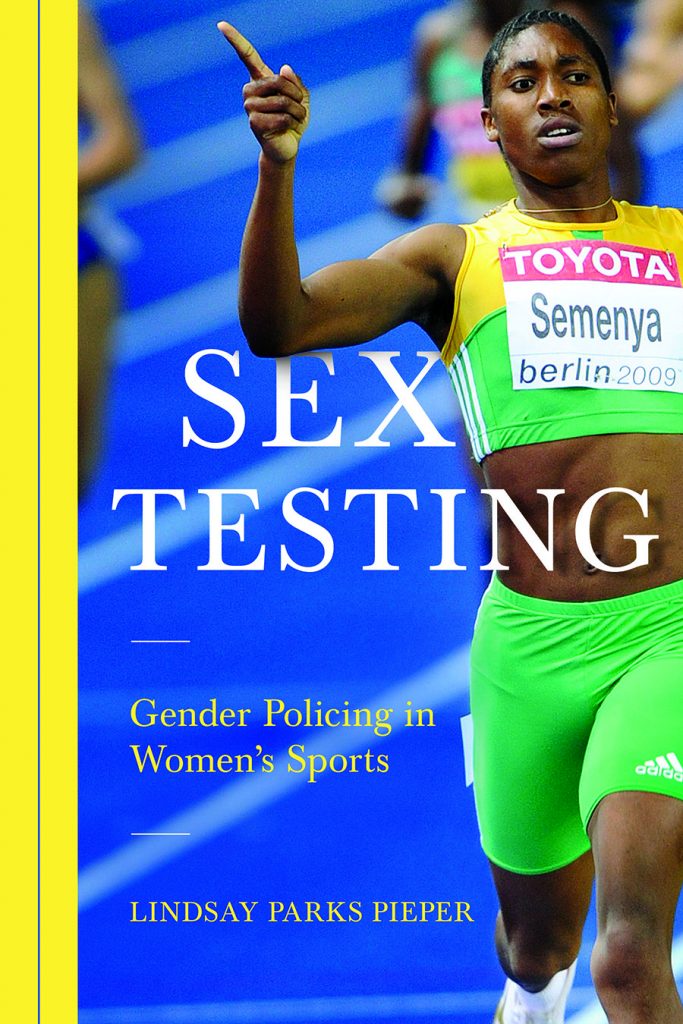
Sex Testing: Gender Policing in Women’s Sports
by Lindsay Parks Pieper
When it became clear that testing regimes failed to delineate a sex divide, the International Olympic Committee began to test for gender. Lindsay Parks Pieper explores sex testing in sport from the 1930s to the early 2000s. Testing evolved into a tool to identify–and eliminate–athletes the IOC deemed too strong, too fast, or too successful. Pieper shows how this system punished gifted women while hindering the development of women’s athletics for decades.

By Christine O’Bonsawin
Through the hosting of the Olympic Games, the International Olympic Committee continues to move freely throughout the world and onto Indigenous lands. O’Bonsawin argues that as a far-reaching organization with stated commitments to social responsibility, ethical principles, and the preservation of human dignity, the IOC has legal and moral obligations to protecting the rights of Indigenous peoples.
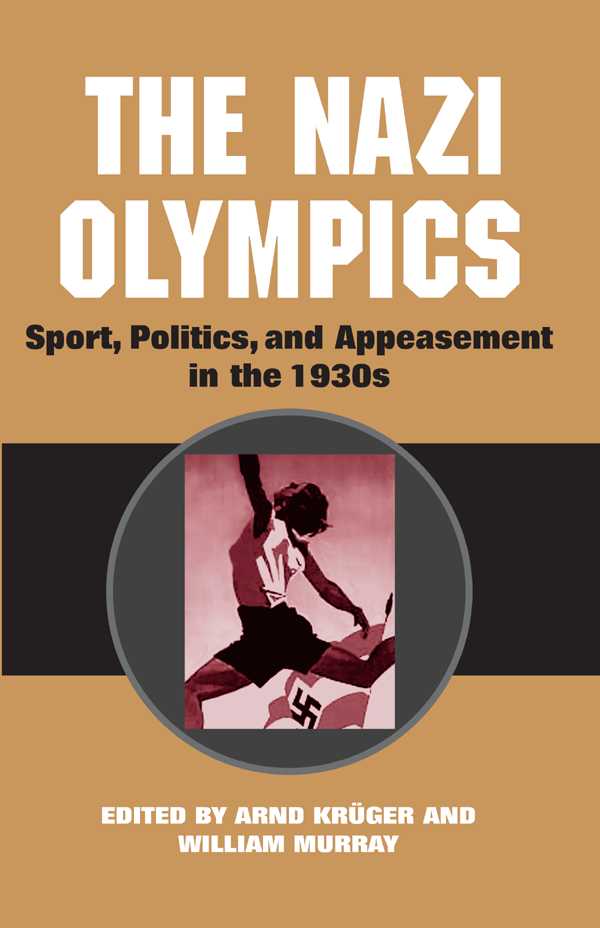
The Nazi Olympics: Sport, Politics, and Appeasement in the 1930’s
edited by Arnd Krüger and William Murray
The 1936 Olympic Games played a key role in the development of both Hitler’s Third Reich and international sporting competition. The volume opens with an analysis of Germany’s preparations for the Games and the attempts by the Nazi regime to allay the international concerns about Hitler’s racist ideals and expansionist ambitions. Essays follow on the United States, Great Britain, and France–top-tier Olympian nations with misgivings about participation–as well as Germany’s future Axis partners Italy and Japan.
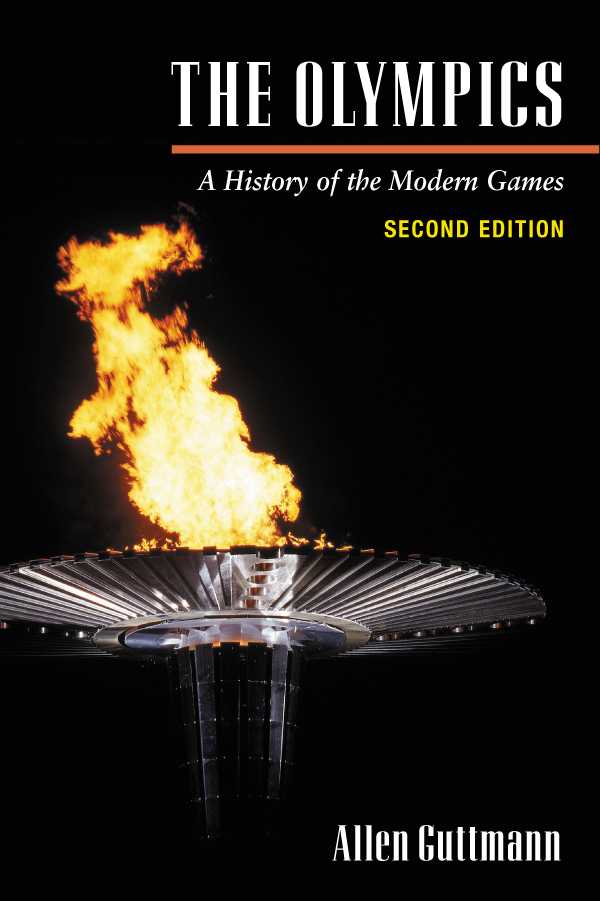
The Olympics: History of the Modern Games (Second Edition)
Allen Guttman details the history of the modern Olympic Games as we know them from 1896 to the present. Reviews by authors Steve Gietschier and Randy Roberts praise Guttman’s narrative on the Olympics as ” insightful, judicious, and interpretative” and a “sound, readable narrative that will appeal to scholars as well as to general readers.”

“Athlete Agency and the Spirit of Olympic Sport”
By Heather L. Reid
According to the World Anti-Doping Agency’s view on the “spirit of sport”, substances, techniques, and equipment that reduce athlete agency should be reduced or eliminated, while things that increase it should be encouraged. Reid dissects the concept of athlete agency, arguing that substances remove athletes from the responsibility of their performance, and is therefore no longer representative of their true athletic abilities.
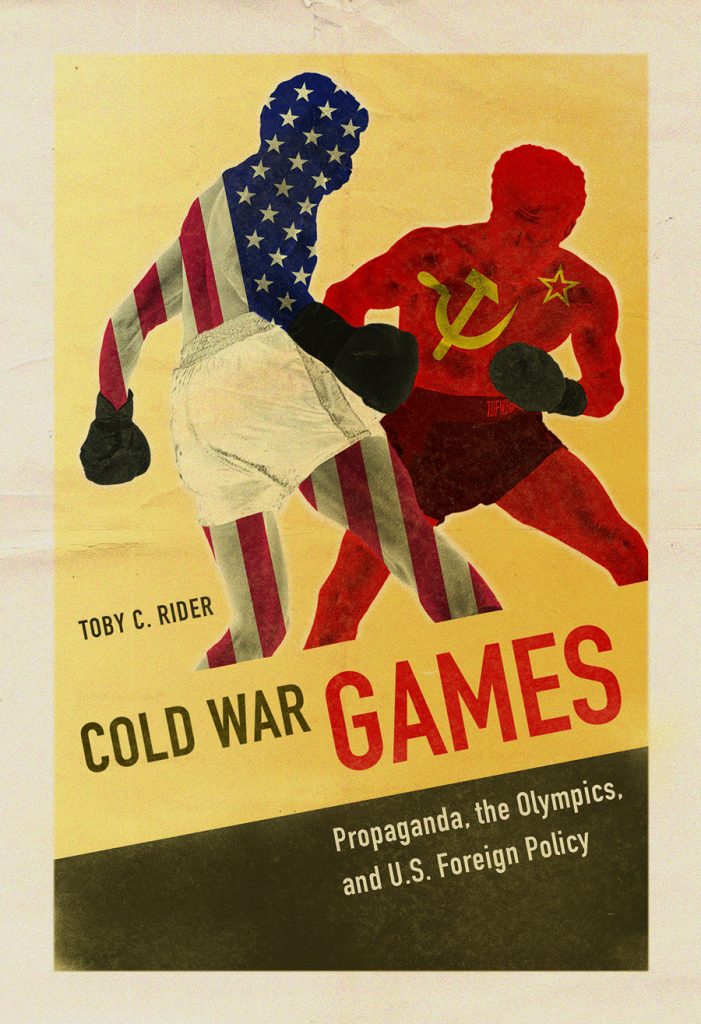
Cold War Games: Propaganda, the Olympics, and U.S. Foreign Policy
by Toby C. Rider
Toby C. Rider chronicles how the U.S. government used the Olympics to promote democracy and its own policy aims during the tense early phase of the Cold War while the Soviet Union moved to exploit the Olympic Games as a vehicle for promoting international communism. At the same time, the United States utilized Olympic host cities as launching pads for hyping the American economic and political system. Behind the scenes, meanwhile, the government attempted clandestine manipulation of the International Olympic Committee.
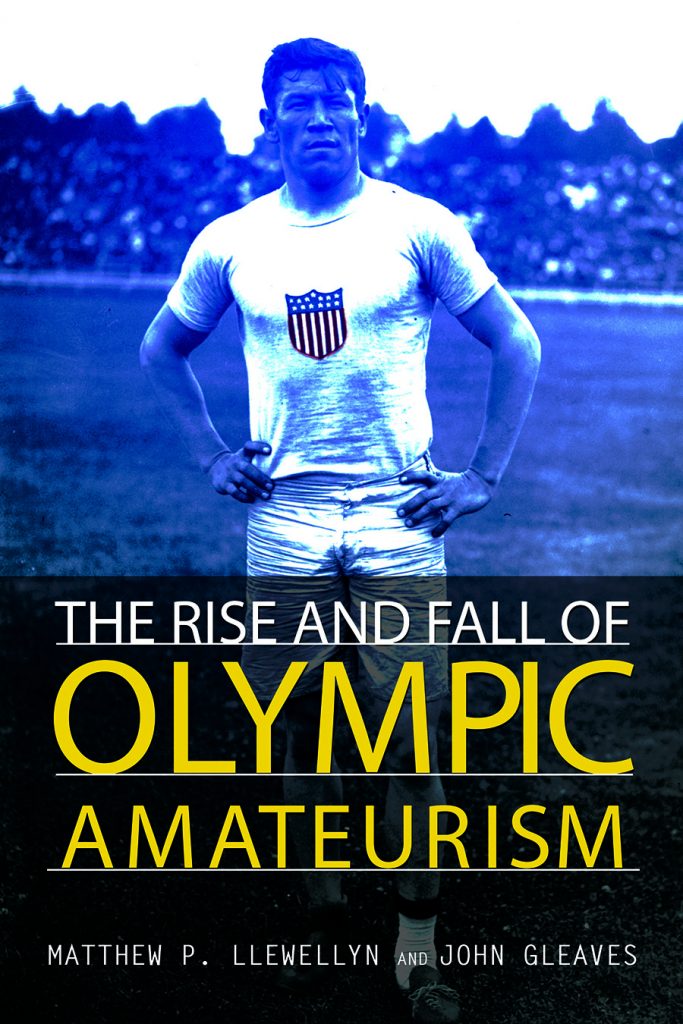
The Rise and Fall of Olympic Amateurism
by Matthew P. Llewellyn and John Gleaves
For decades, amateurism defined the ideals undergirding the Olympic movement. Not anymore; today’s Games present athletes who enjoy open corporate sponsorship and unabashedly compete for lucrative commercial endorsements. As Matthew P. Llewellyn and John Gleaves show, the increasing acceptability of professionals went hand-in-hand with the Games becoming a for-profit international spectacle.

“Contested Governance: UNESCO’s Role in International Sport, 1952–78”
By Scott R. Jedlicka
UNESCO has played an integral but often overlooked role in international sport. This article, drawing primarily on UNESCO archival material, examines the early history of the organization’s efforts to involve itself in international sport governance. Jedlicka tells the complicated story of stable, independent, private governance in international sport, specifically in the postwar era.
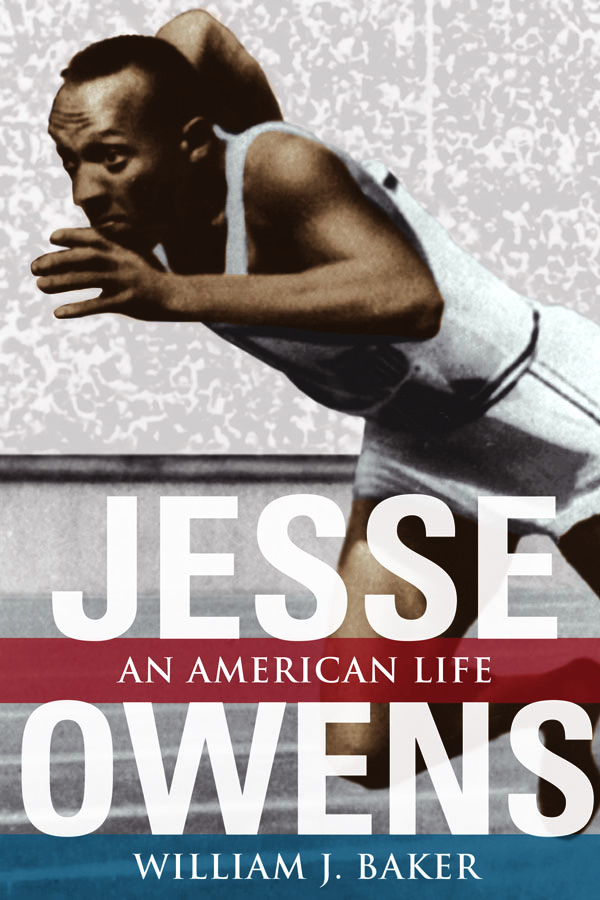
by William J. Baker
Born the tenth child of a poor Southern sharecropper and barely able to read or write, Jesse Owens used his astonishing drive and athletic ability to win an unprecedented four gold medals at the 1936 Berlin Olympics. William J. Baker vividly details the successes and failures of this complex and troubled but ultimately indomitable figure in this in-depth biography of Owens.
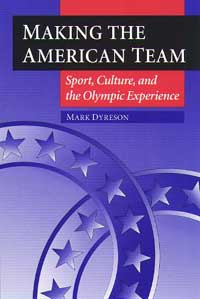
Making the American Dream: Sports, Culture, and The Olympic Experience
by Mark Dyreson
Even in times of crisis and emergency, the media reports the scores and highlights. Mark Dyreson delves into how our obsession with sport came into being with a close look at coverage of the Olympic Games between 1896 and 1912. Sport could instill a new sense of national identity that would forge a new sense of community and a healthy political order while at the same time linking America’s intellectual and power elite with the experiences of the masses.

“The Californization of Olympian Love: Olga Fikotová and Harold Connolly’s Cold War Romance”
By Mark Dyreson
At the height of the Cold War, during the 1956 Olympics, an American gold medalist named Harold Connolly and a Czech gold medalist named Olga Fikotová fell in love. Eventually marrying and settling in California, the couple’s romance fascinated the American public. The narratives about their romance constructed by the media and by the Connollys themselves proclaimed that California dreams could win the Cold War without resort to weapons of mass destruction by employing the engines of mass consumption.
